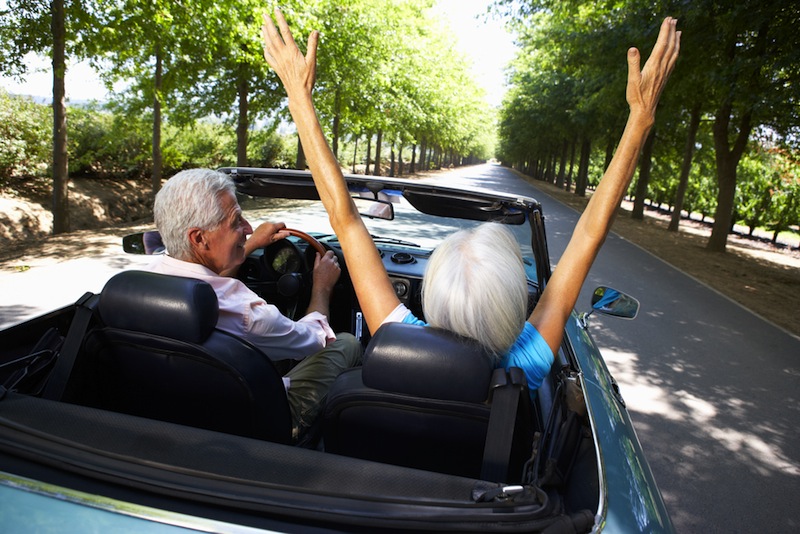Does Happiness Increase As We Get Older?

Get the world’s most fascinating discoveries delivered straight to your inbox.
You are now subscribed
Your newsletter sign-up was successful
Want to add more newsletters?

Delivered Daily
Daily Newsletter
Sign up for the latest discoveries, groundbreaking research and fascinating breakthroughs that impact you and the wider world direct to your inbox.

Once a week
Life's Little Mysteries
Feed your curiosity with an exclusive mystery every week, solved with science and delivered direct to your inbox before it's seen anywhere else.

Once a week
How It Works
Sign up to our free science & technology newsletter for your weekly fix of fascinating articles, quick quizzes, amazing images, and more

Delivered daily
Space.com Newsletter
Breaking space news, the latest updates on rocket launches, skywatching events and more!

Once a month
Watch This Space
Sign up to our monthly entertainment newsletter to keep up with all our coverage of the latest sci-fi and space movies, tv shows, games and books.

Once a week
Night Sky This Week
Discover this week's must-see night sky events, moon phases, and stunning astrophotos. Sign up for our skywatching newsletter and explore the universe with us!
Join the club
Get full access to premium articles, exclusive features and a growing list of member rewards.
"The Healthy Geezer" answers questions about health and aging in his weekly column.
Question: Do we get sadder as we get older?
Answer: It seems that just the opposite is true. There's a lot of evidence that we get happier the older we get.
A Gallup telephone poll of 340,000 people across the U.S. showed that happiness comes with age. However, the poll didn't uncover the cause of this phenomenon.
Dr. Arthur A. Stone, a professor of psychology at the State University of New York at Stony Brook, was the lead author of a study based on the Gallup survey. He speculated on the causes for this happiness.
"It could be that there are environmental changes, or it could be psychological changes about the way we view the world, or it could even be biological — for example brain chemistry or endocrine changes," Dr. Stone told the New York Times in 2010.
The telephone survey included people between 18 and 85. The survey showed that people start out at age 18 feeling pretty good. However, they feel progressively worse until they hit 50.
Get the world’s most fascinating discoveries delivered straight to your inbox.
But after that point, people begin getting happier as they age. By the time they are 85, they are even more satisfied with themselves than they were at 18.
Why are older people happier? I collected some theories. Older people are happier because they have:
- A deeper appreciation of the value of life
- A feeling of fulfillment
- A greater ability to understand and handle life's vicissitudes
- Fewer aspirations and expectations of themselves
- The ability to live in the present and not worry about the future
- The wisdom to know they can't please everyone all the time
- An inclination to see situations more positively
A University of Chicago study also showed that happiness increases with age. The researchers asked a cross section of Americans how happy they were. The question was administered in face-to-face interviews of population samples that ranged from about 1,500 to 3,000.
The Chicago researchers theorized that older people are happier because with age comes positive psychosocial traits, such as self-integration and self-esteem; these signs of maturity could contribute to a better sense of overall well-being.
"Older people are better able to recognize what will bother them, and better able to negotiate their environment," said Susan Turk Charles, a psychologist at the University of California, Irvine.
One study looked at people's positive and negative emotions over the course of 23 years, and compared participants by age group. Researchers found that teenagers most frequently reported negative emotions, while octogenarians seemed to feel the least negative.
If you would like to read more columns, you can order a copy of "How to be a Healthy Geezer" at www.healthygeezer.com.
All rights reserved © 2013 by Fred Cicetti
 Live Science Plus
Live Science Plus










